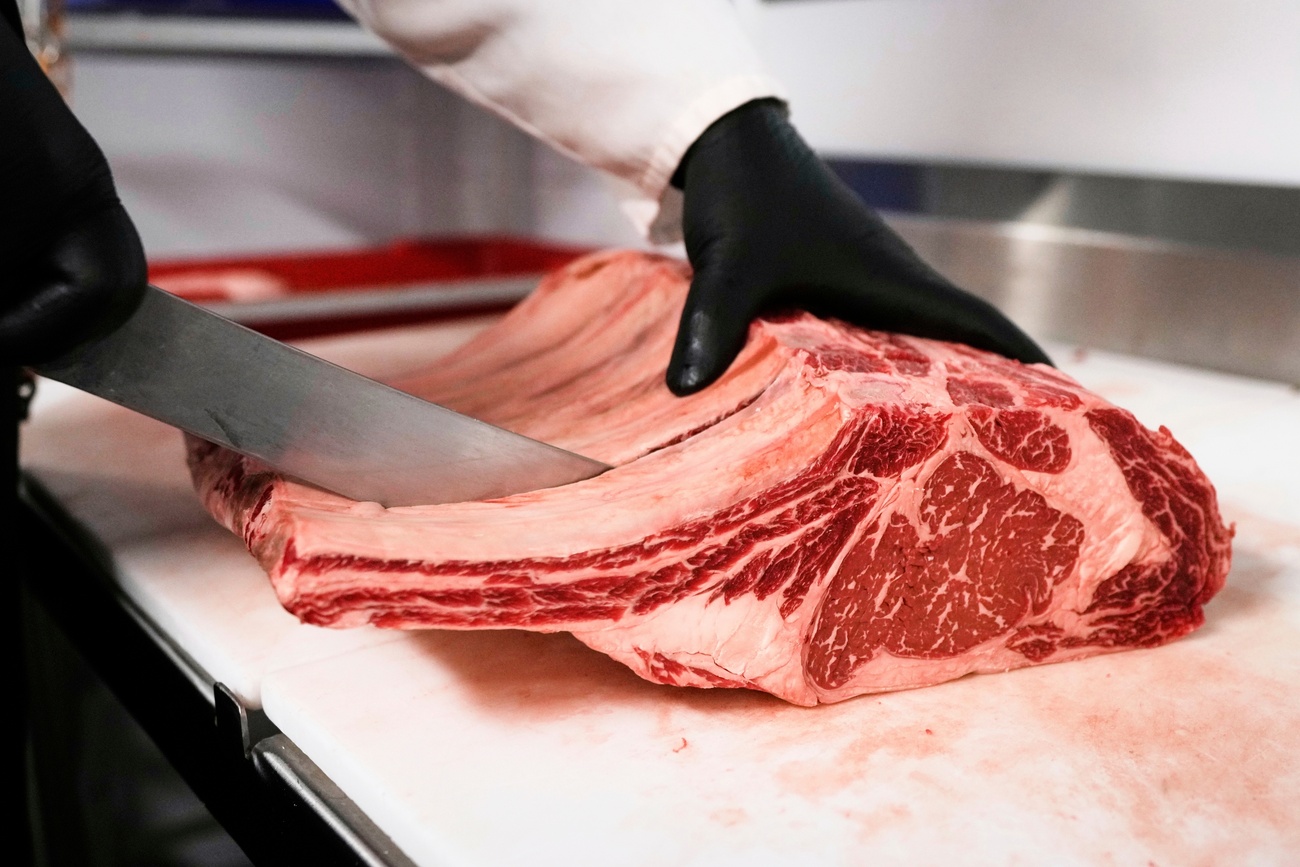
Decision to deny citizenship to Turkish woman reversed

A local parliament in eastern Switzerland has overturned its earlier decision to reject the citizenship application of a young Turkish woman born and raised in the region. She can now become Swiss.
In June, local legislators in Buchs (Canton Aargau) turned down the application of Funda Yilmaz, 25, a civil engineer of Turkish origin who grew up and attended school in the town.
After interviewing the candidate – normal procedure in Switzerland – they found that she did not fulfil “the conditions of a successful integration”.
Fast-forward five months, and the decision has been reversed. Following the advice of the cantonal government, to whom the woman appealed, the municipal parliament voted by 27 votes to 8 on Wednesday to grant citizenship.
Though it is difficult to say whether public exposure contributed to Wednesday’s decision, the nature of the initial refusal did attract commentary and some outcry.
Of the 92 questions asked Yilmaz during her first interviews, several seemingly innocuous answers were not appreciated by the citizenship commission.
Asked to name a typical national sport, for example, she replied skiing; the panel would have preferred the answers “Swiss wrestling” or “hornussen” (a bat and ball game with medieval roots).
The revelation that she often did her grocery shopping in large supermarkets, rather than with smaller local vendors, was also a factor in her rejection, first revealed in the Schweizer Illustrierte magazine.
Becoming Swiss
The process of attaining citizenship in Switzerland is more onerous than in some surrounding states. It is based on the principle of jus sanguinis, or blood heritage; simply being born on Swiss soil is not enough.
A foreigner can apply for citizenship after having lived in the country for 12 years, a figure that will drop to 10, as of next year. If married to a Swiss person, an applicant can ‘fast-track’ their naturalisation bid after a period of five years.
In all cases, candidates need to demonstrate a knowledge of Swiss history, culture, and society, as well as prove that they are sufficiently integrated in their local community.

More
How to become Swiss
swissinfo.ch and agencies/dos

In compliance with the JTI standards
More: SWI swissinfo.ch certified by the Journalism Trust Initiative



























You can find an overview of ongoing debates with our journalists here . Please join us!
If you want to start a conversation about a topic raised in this article or want to report factual errors, email us at english@swissinfo.ch.